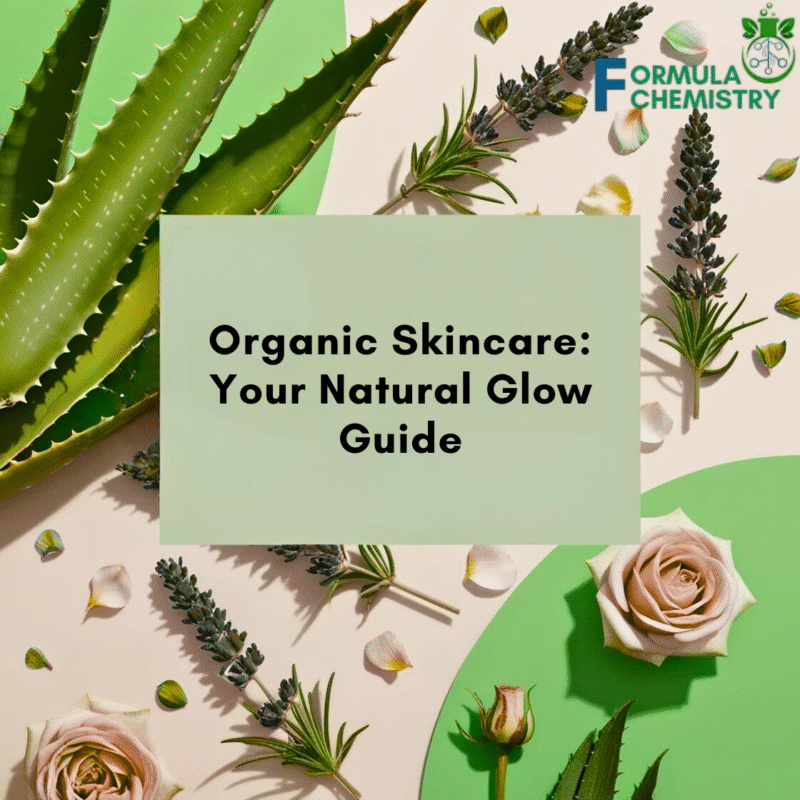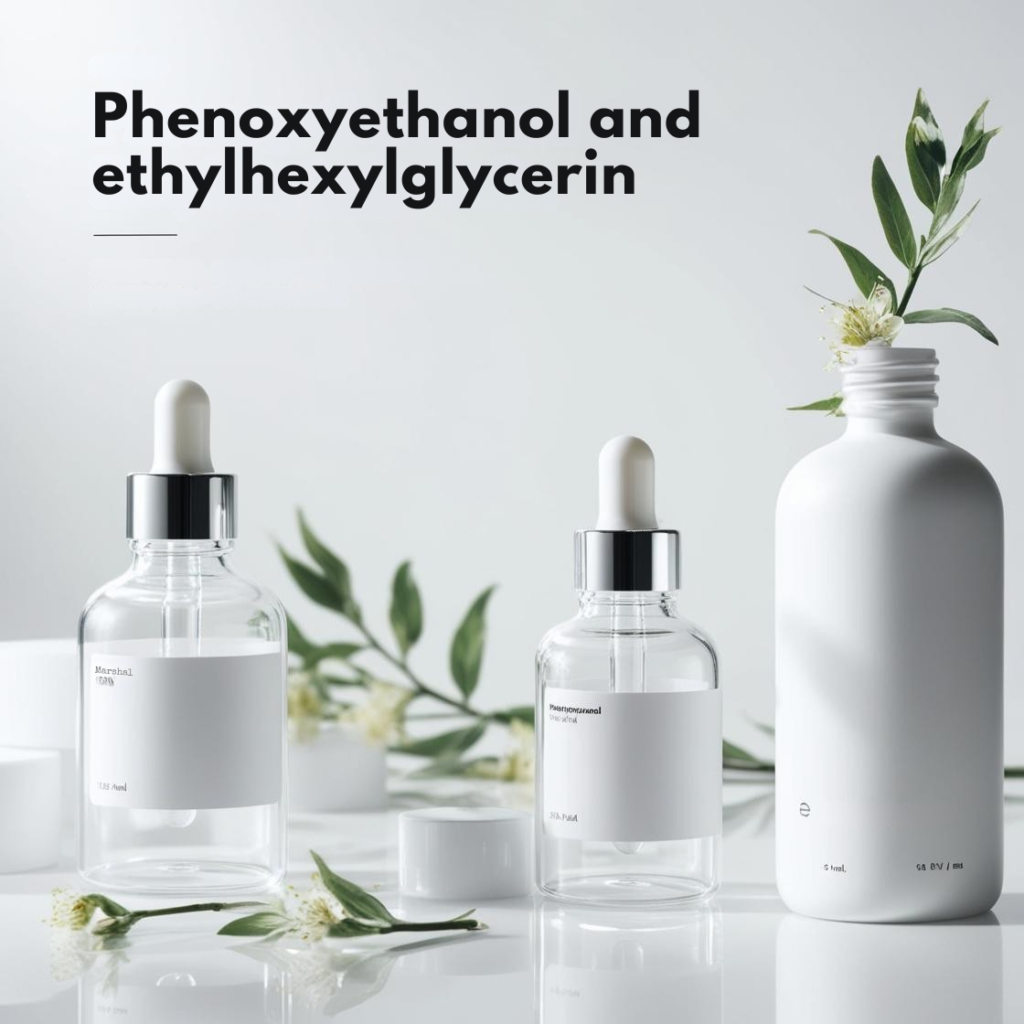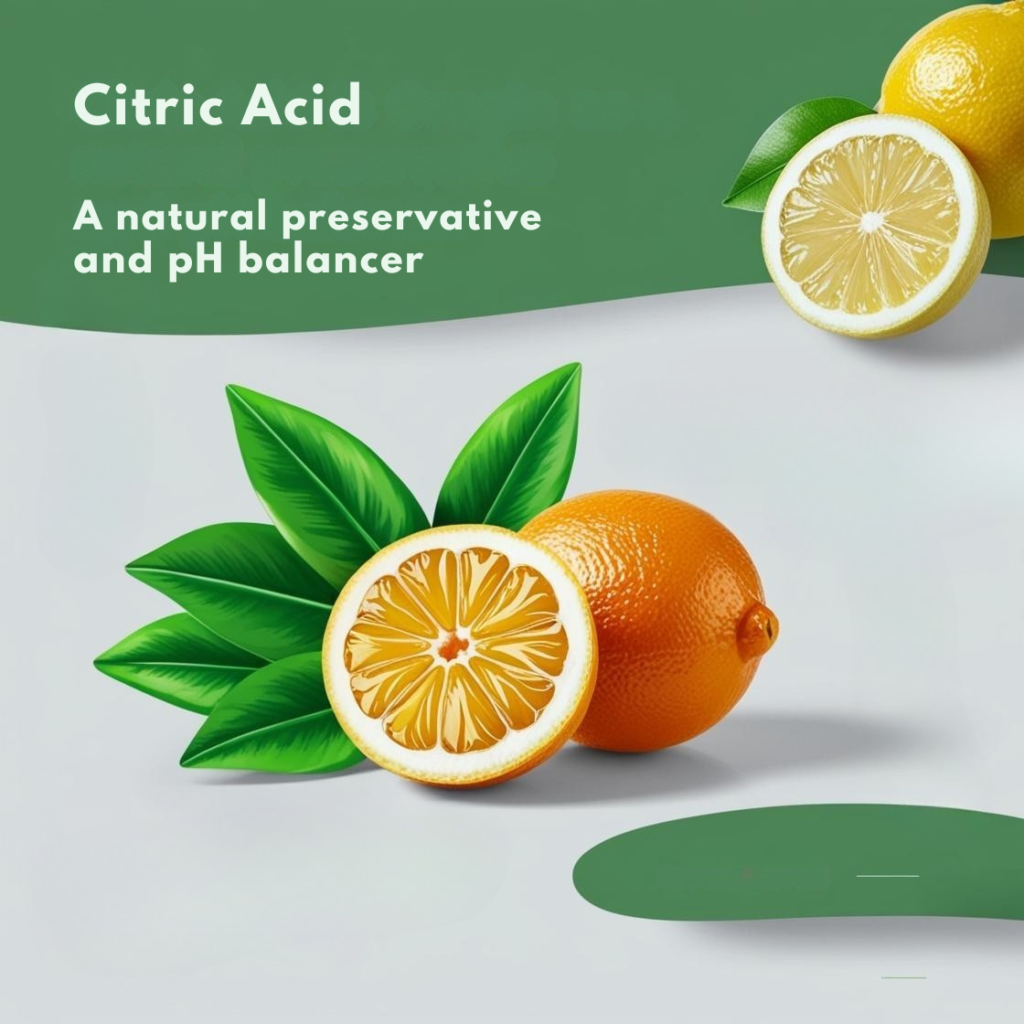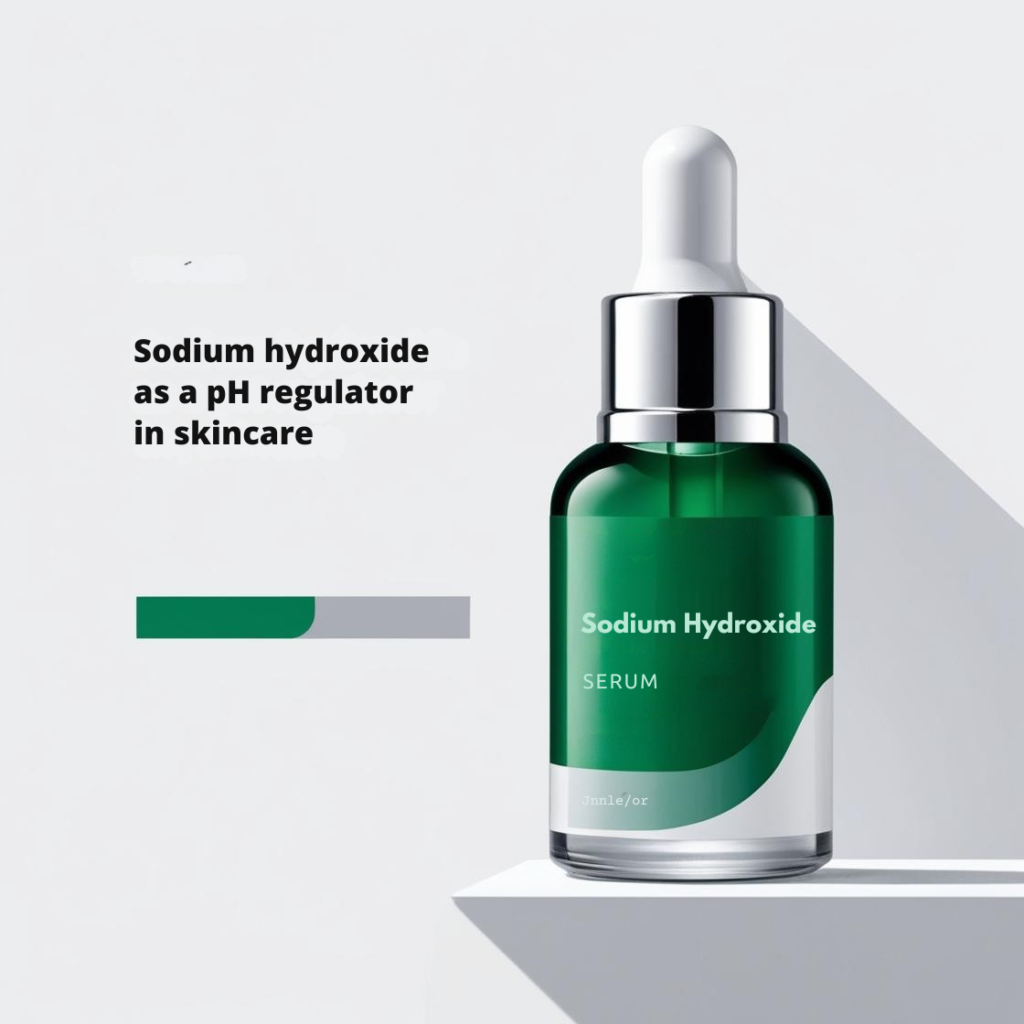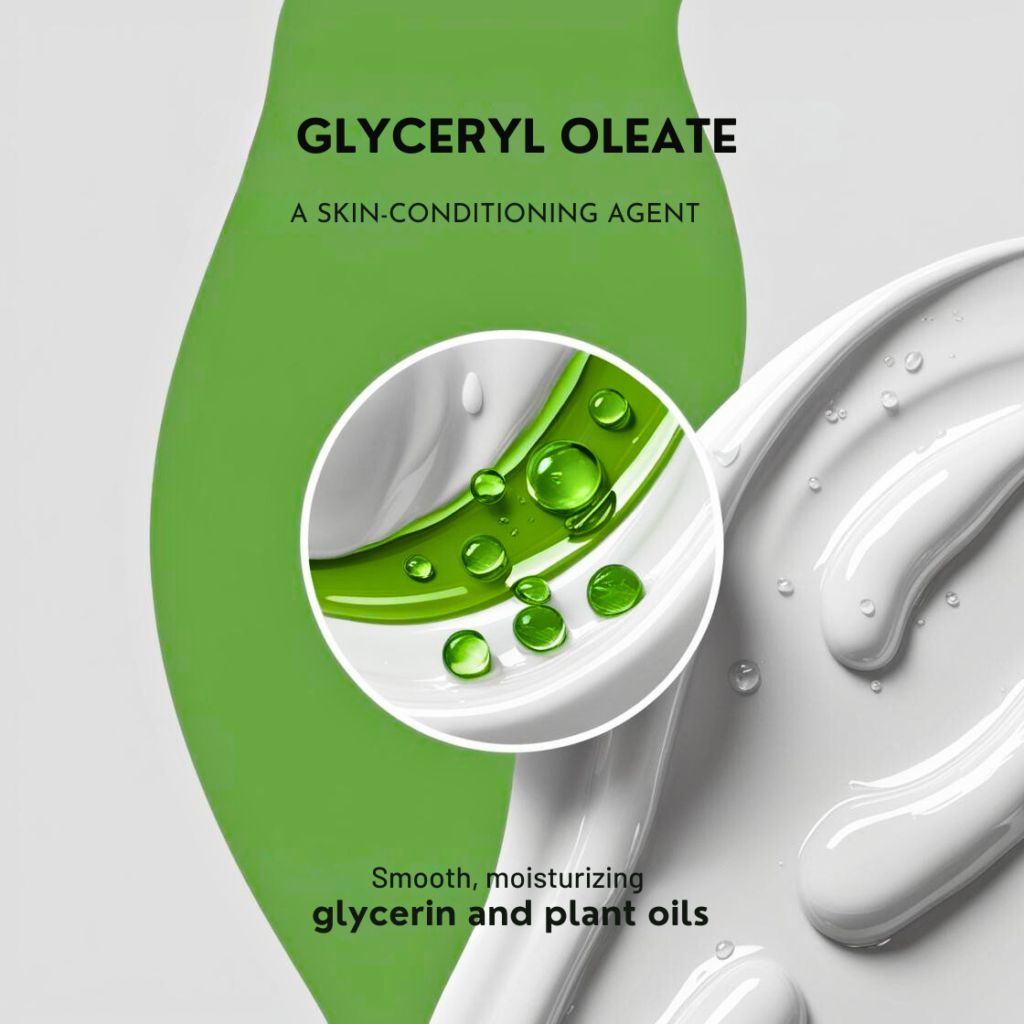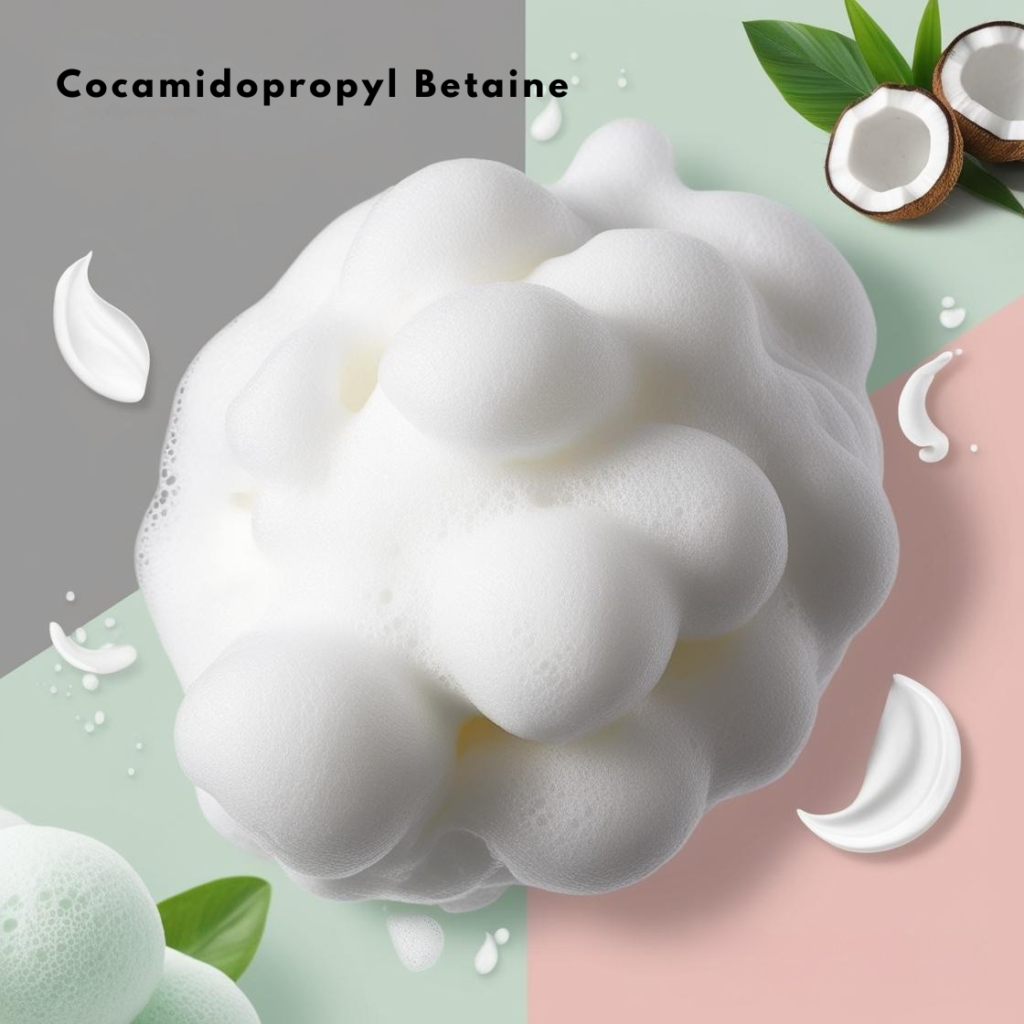CAS Number 14306-25-3
INCI Number Sodium phytate
Sodium Phytate, the sodium salt of Phytic Acid, is a potent, naturally occurring chelating agent derived from plant sources. Phytic Acid, a saturated cyclic acid, is abundantly found in plant tissues, particularly in bran and seeds, where it serves as the primary storage form of phosphorus. Known for its strong binding properties, Sodium Phytate plays a crucial role in stabilizing cosmetic formulations by preventing metal ion interference, enhancing product efficacy, and boosting antioxidant performance.
Purpose
Chelating agents are essential in cosmetic formulations as preservative boosters. Microorganisms rely on trace metals for cell wall maintenance and survival. Chelants, such as Sodium Phytate, bind these metals, making them unavailable to bacteria. This weakens bacterial defenses, allowing preservatives to work more effectively. While EDTA is a widely used chelating agent for this purpose, this offers a natural alternative with similar functionality, enhancing product stability and preservation.
Origin
Sodium Phytate is a naturally derived ingredient sourced from plant-based Phytic Acid. Phytic Acid is primarily found in bran, seeds, legumes, and whole grains, where it functions as the main storage form of phosphorus. Extracted from renewable botanical sources such as rice, corn, and wheat, it is considered an eco-friendly and biodegradable chelating agent.

| Feature | Description |
| Name | Sodium Phytate |
| Type | Chelating agent, stabilizer |
| Source | Naturally derived from grains, seeds, and legumes |
| Physical state | Solid, powder or granules |
| PH | ~12 |
| Solubility | Soluble in water, insoluble in oil |
| Molecular Weight | 660 |
| Color | White |
| Odor | Odorless |
| Concetration | 0.05 – 0.5% |
Natural Chelating Agent
Sodium Phytate is a naturally derived chelating agent sourced from Phytic Acid, which is abundant in grains, seeds, and bran. It works by binding with metal ions such as calcium, magnesium, iron, and copper, which can cause oxidation and instability in cosmetic formulations. By neutralizing these metals, it prevents undesirable effects like color changes, rancidity, and product degradation, ensuring a longer shelf life. Unlike synthetic chelators such as EDTA, Sodium Phytate is biodegradable and environmentally friendly, making it an excellent alternative for clean beauty and natural skincare formulations.
Preservative Booster
Microorganisms require trace metals for essential biological processes, including cell wall maintenance and enzyme activation. Sodium Phytate enhances the effectiveness of preservatives by sequestering these trace metals, making them unavailable to bacteria and fungi. This weakens microbial structures, making it easier for preservatives to eliminate them. By boosting preservative efficacy, this allows formulators to use lower concentrations of preservatives while still ensuring microbial stability, reducing potential irritation and improving product safety for sensitive skin.
Antioxidant Protection
Oxidation is a major cause of degradation in cosmetic formulations, leading to changes in texture, color, and effectiveness. Sodium Phytate acts as an antioxidant by chelating free metal ions that catalyze oxidative reactions. This is particularly beneficial for formulations containing vitamins (such as Vitamin C and E), plant extracts, and oils that are prone to oxidation. By preventing oxidative stress, this helps maintain the potency and freshness of active ingredients, ensuring that cosmetic products perform effectively throughout their shelf life.
pH Stability and Buffering Agent
Maintaining the correct pH balance is crucial for product performance and skin compatibility. Sodium Phytate functions as a buffering agent, helping to stabilize the pH of cosmetic formulations. This is particularly important in emulsions, serums, and water-based products where pH fluctuations can lead to instability or irritation. By keeping the pH within an optimal range, Sodium Phytate contributes to product consistency and enhances the skin’s tolerance to formulations.
Enhances Product Texture and Feel
Beyond its functional roles, Sodium Phytate contributes to the overall sensory experience of cosmetic formulations. It helps improve the texture, spreadability, and absorption of skincare products, making creams and serums feel lightweight and non-greasy. This enhances the consumer experience by ensuring smooth application and optimal absorption of active ingredients.
Prevents Discoloration and Off-Odors
Metal ions in cosmetic formulations can react with certain ingredients, causing unwanted discoloration or unpleasant odors over time. Sodium Phytate prevents this by binding these metals, maintaining the original color, scent, and clarity of the product. This is especially beneficial for formulations with natural extracts, essential oils, or colorants that are prone to oxidation and degradation.
Safe and Non-Toxic
Sodium Phytate is well-tolerated by the skin and has a low risk of irritation or sensitization, making it suitable for all skin types, including sensitive and allergy-prone skin. Unlike some synthetic chelators that may raise concerns about long-term safety, Sodium Phytate is naturally derived and considered non-toxic. It aligns with the clean beauty movement, where consumers seek safer, plant-based ingredients in their skincare and personal care products.
Eco-Friendly and Biodegradable
With increasing demand for sustainable beauty products, Sodium Phytate stands out as an environmentally friendly option. It is derived from renewable plant sources such as rice, wheat, and corn, and it biodegrades easily without harming aquatic life or ecosystems. This makes it an ideal choice for formulators seeking to create sustainable, green beauty products with minimal environmental impact.
Improves Efficacy of Active Ingredients
By chelating metal ions that can interfere with the performance of active ingredients, Sodium Phytate enhances their bioavailability and stability. This is particularly useful for formulations containing antioxidants, peptides, and botanical extracts, as it helps them retain their potency and deliver better results on the skin or hair.
Helps in Oral Care Products
In oral care formulations, Sodium Phytate helps prevent the formation of tartar and plaque by binding with calcium and magnesium ions in saliva. This makes it a valuable addition to toothpaste and mouthwash formulations, improving dental hygiene and promoting long-lasting oral health.
Benefits of Sodium Phytate in Skincare
Moisturizes Skin
Sodium Phytate indirectly supports skin hydration by stabilizing emulsions and preventing the breakdown of moisturizing ingredients. By maintaining the integrity of formulations, it ensures that humectants and emollients, such as hyaluronic acid and glycerin, function effectively, helping the skin retain moisture for a soft, hydrated feel.
Improves Skin Elasticity
As a chelating agent, Sodium Phytate helps prevent oxidative damage that can degrade collagen and elastin, two key proteins responsible for skin firmness and elasticity. By reducing oxidative stress, it contributes to maintaining youthful, resilient skin, helping to delay the appearance of fine lines and sagging.
Normalizes Oily Skin
Sodium Phytate helps regulate excess sebum production by controlling metal ion interactions that can trigger skin imbalances. By stabilizing formulations with oil-controlling ingredients, it supports a balanced complexion, making it ideal for oily and combination skin types.
May Help Reduce Pore Size
Large pores are often caused by excess oil buildup and environmental pollutants. Sodium Phytate helps by binding with impurities and excess minerals that can clog pores, promoting a smoother, more refined skin texture. Its ability to improve product absorption also ensures that pore-tightening ingredients penetrate the skin effectively.
Helps Lighten Skin
Sodium Phytate may assist in skin brightening by inhibiting metal-induced oxidative stress, which can contribute to hyperpigmentation and uneven skin tone. By enhancing the stability of brightening agents like Vitamin C and niacinamide, it supports a more radiant, even complexion.
May Help Improve the Appearance of Cellulite
Oxidative damage and poor circulation can contribute to the appearance of cellulite. Sodium Phytate’s antioxidant properties help protect skin cells from damage while promoting a firmer, smoother appearance. Additionally, its chelating action may enhance the effectiveness of active ingredients in cellulite-reducing formulations, improving overall results.




